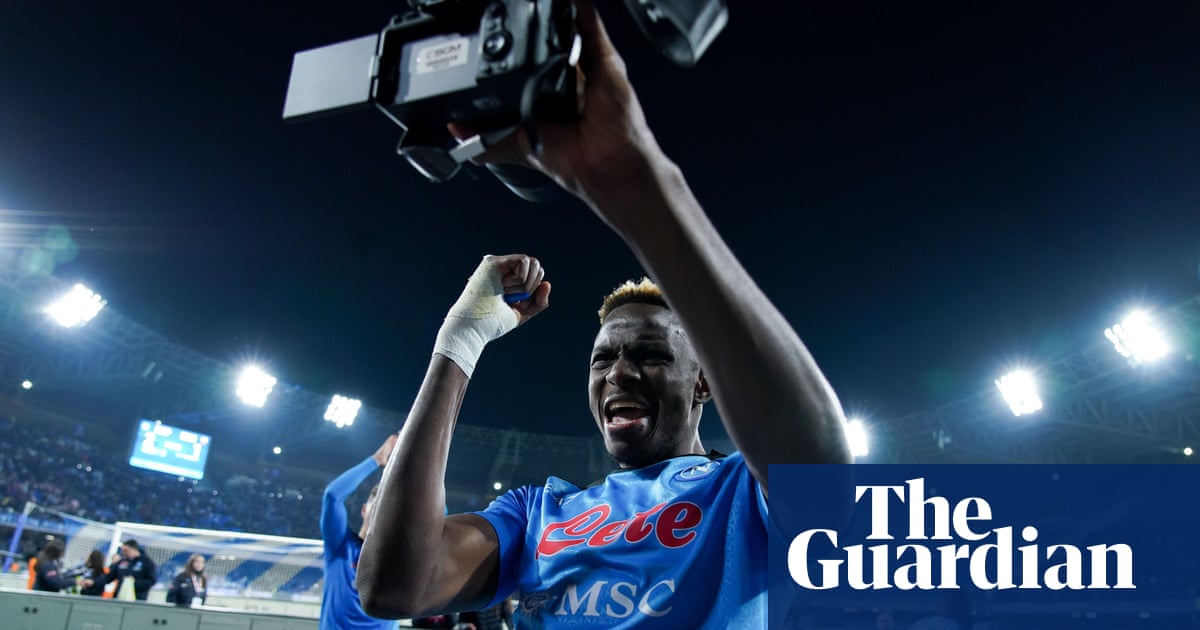
A group of academics and activists have launched a global campaign to enfranchise children, by pledging to give their own votes to a young person until the voting age is significantly lowered or abolished.
Some members of the Children’s Voting Colloquium have already voted on behalf of a child even if this has meant opting for a different political party or candidate of their choice.
The group, which has members from 12 countries including the UK and US, claims that giving votes to children as young as six would encourage governments to tackle a range of intractable long-term issues such as the climate crisis, inequality and social care.
They are urging supporters of ageless suffrage to join them in signing a new online pledge to hand over their votes to their own children or the offspring of a friend, family member, or neighbour.
One of the signatories, Matías Cordero Arce, a researcher at Spain’s Juvenile Justice Centre, has already twice given his vote to his daughter Maialen. She is now 14 but was 13 when she cast her father’s vote in regional and European elections earlier this year.
Asked if she felt like a pioneer for child suffrage, Maialen said: “Maybe a little bit, because it has opened the minds of my classmates. I hope the idea will grow.”
She says she now feels more interested in politics. “When I couldn’t vote I didn’t follow politics and know what was happening. Now I think more about it,” she said.
Arce usually votes for Spain’s leftist Podemos party but under his daughter’s control his vote went to Pacma, a small party that campaigns for animal welfare and the environment. Maialen said: “We have to care more for the planet, because if we destroy the planet nothing else matters.”
Her father said: “I have never thought about voting for Pacma – they don’t get enough votes to be represented in parliament.”
The pact with his daughter means his vote goes to her even if they vehemently disagree. He said: “I’ve made my choice that she votes for me, and it is not approved beforehand. I have voted enough and I’ve left her in a very inhospitable world, so the time is overdue for her to become enfranchised, and for me to pass on the baton.”
Spain’s voting system means that Arce has to show his identity card to vote, but the rest of the voting process can be done by his daughter. She picks a sheet of paper of the party of her preference, seals it in an envelope and puts in the ballot box.
Arce says officials have not stopped her voting because children are often present at polling stations. “I wouldn’t say it’s legal, but I wouldn’t say it’s illegal either. In the Basque Country, you can go to the polling booth with whomever you want.”
The idea of giving votes to children has been discussed in academic circles for some time and supporters include the University of Cambridge’s politics professor David Runciman.
Arce said the new campaign aimed to make these ideas a practical reality and prompt a debate beyond academia.
He said the idea should not be confused with a suggestion once put forward by Donald Trump’s running mate, JD Vance, to give parents more votes than those who are childless. “His idea is about empowering parents, ours is about empowering kids,” Arce said.
The online pledge says: “We, the undersigned, have decided that in solidarity with children and as a protest against this blatant injustice, until children reach voting age, each of us will transfer our vote to a child who is willing to accept it.”
It says the idea “has been received with enthusiasm and eagerness by the children we have approached, some as young as six”. But the organisers are against setting an age threshold for voting.
The pledge says: “No one should renounce their right to vote. But it is the more democratic solution given the current state of affairs. We call on elected representatives … to reflect on the injustice of denying children their right to vote.”
It says that if the voting age was abolished or lowered, “governments might finally gain urgency on the climate crisis, properly funded education, ensure lifelong healthcare, lift families out of poverty, and advance other policies previously shunned due to ignoring children’s voices”.
The only member of Arce’s family who is disenfranchised is Maialen’s 11-year-old brother, Xabier. “I feel he is old enough to vote, and it could be even younger,” she said.
Her father added: “My own view is that that anyone who is materially capable should be able to vote, because you should be able to have a say on things that affect you.”
This article was amended on 24 September 2024 to correct the spelling of Xabier.









